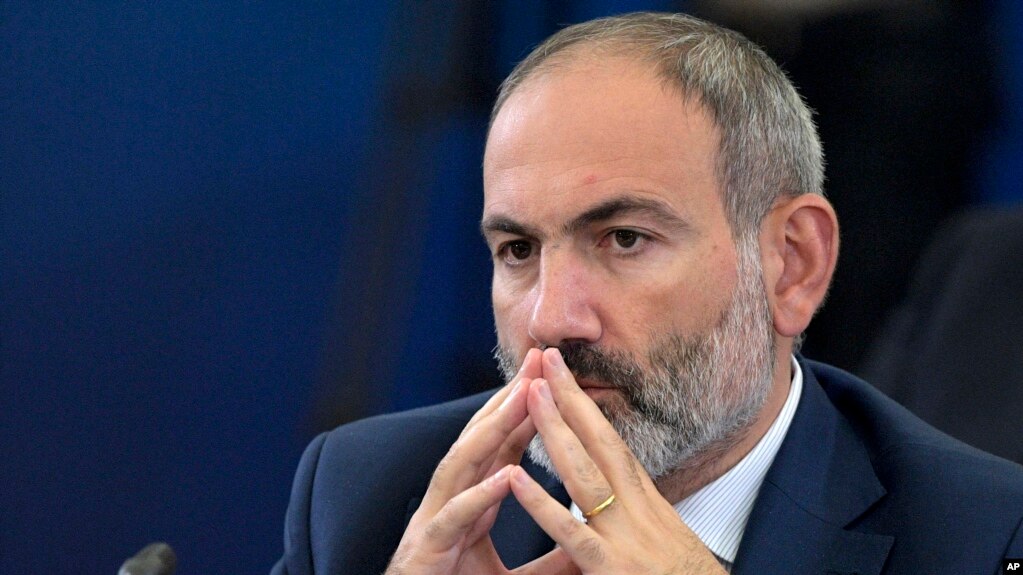
Kuwait has all but stopped shipping crude to the US for the first time since the aftermath of Saddam Hussain’s invasion in 1990, eroding an economic link between Washington and the Arab state.
The halt is the latest sign that booming demand for oil in Asia, particularly as the US re-imposes sanctions on Iran, and rising supplies from America on the back of the shale revolution are re-drawing petroleum trade routes.
US imports of Kuwaiti crude fell to zero over four weeks through late September, the first time that shipments have completely stopped since weekly data became available in June 2010, according to the US Energy Information Administration. Based on monthly data, Kuwaiti shipments to the US haven’t stopped since May 1992, when the Opec producer was still recovering from oilfield fires ignited by retreating Iraqi troops in the first Gulf War.
Kuwait is diverting its barrels instead into the more lucrative Asian market, where prices are higher for the type of high-sulphur crude the small Middle Eastern nation pumps, according to a person familiar with the matter, who asked not to be identified because the matter isn’t public.
Kuwaiti oil fetches about $80 a barrel in Asia compared with about $79 in the US, according to Bloomberg calculations based on benchmark prices and the country’s official selling prices. Kuwaiti crude sells at about $76 a barrel in Europe.
“Iranian sanctions are providing a chance for others to sell more into Asia where prices are better than for sales into the US,” Andy Lipow, president of consultant Lipow Oil Associates LLC, said in Houston.
While its shipments to the US have plunged, Kuwait faces limits on its production due to a dispute with Saudi Arabia over shared oilfields along their border where both nations in the past pumped as much as 500,000 barrels a day. The shared fields in the so-called neutral zone halted production more than three years ago, though the two governments are in talks to reactivate them.
Kuwait Petroleum Corporation’s reduction of crude exports were ‘coordinated with US and European clients,’ the company said in a statement on Kuwait News Agency (KUNA) website. The American market is ‘strategically important’ and its supply contracts are ‘functional’, the state-owned oil producer said.
Kuwait has typically exported about 80 per cent of its oil to Asia, and those shipments are increasing with the ramp-up of operations at the Nghi Son Refinery and Petrochemical Co in Vietnam. KPC co-owns the plant, which can process 200,000 barrels a day.
Despite the lower prices, Kuwait’s crude sales to the US helped the Arab state diversify its exports and offset episodes of weak demand in Asia during economic downturns in that region. The exports also provided a strong economic link with Washington, which played a crucial role in liberating Kuwait after the Iraqi invasion. The US in 1990 forged a coalition of 35 countries with more than a million troops to drive out the Iraqis in Operation Desert Storm.
Valero Energy Corp, Marathon Petroleum Corp, Exxon Mobil Inc, and Royal Dutch Shell Plc had been the largest US buyers of Kuwaiti crude oil so far this year, supplying refineries in California, Texas and Louisiana, according to EIA data.
Kuwait grabbed market share in the US from Saudi Arabia and Iraq between 2012 and 2014, shipping more than 400,000 barrels a day in some months. After that, however, Kuwaiti exports to the US declined sharply, and Riyadh and Baghdad boosted their sales. On a four-week average basis, Saudi Arabia shipped 1.01 million barrels a day, while Iraq, a fellow member of the Organisation of Petroleum Exporting Countries (Opect), exported 408,000 barrels a day.





